HMO Fire Risk Assessment: A Landlord's Guide to Tenant Safety
Houses in Multiple Occupation (HMOs) require specific fire safety considerations due to their shared living arrangements. As a landlord, ensuring the safety of your tenants is not only a legal requirement but also a moral responsibility. Conducting a thorough HMO fire risk assessment is paramount to achieving this. This blog will guide you through the essentials of HMO fire risk assessments and how to protect your tenants and property.
An HMO, by definition, houses multiple unrelated individuals who share facilities such as kitchens and bathrooms. This shared environment introduces unique fire hazards compared to single-family dwellings. The Regulatory Reform (Fire Safety) Order 2005 places the responsibility for fire safety squarely on the shoulders of the “responsible person,” typically the landlord in the case of an HMO. Therefore, understanding and implementing appropriate fire safety measures, starting with a comprehensive risk assessment, is crucial.
The Regulatory Reform (Fire Safety) Order 2005 mandates a suitable and sufficient fire risk assessment for all non-domestic premises, including HMOs. As a landlord, you must appoint a “competent person” to conduct this assessment. While the law doesn’t explicitly define “competent,” it implies someone with the necessary skills, knowledge, and experience to identify fire hazards and recommend appropriate control measures. Neglecting your fire safety obligations can result in hefty fines, legal prosecution, and, most importantly, the endangerment of your tenants’ lives. A well-documented HMO fire risk assessment serves as proof of your commitment to fire safety and helps demonstrate compliance with the law.
Prioritizing fire safety in your HMO is crucial for the well-being of your tenants and the protection of your property. By conducting a thorough and regularly reviewed HMO fire risk assessment, you can identify potential hazards, implement appropriate safety measures, and fulfill your legal obligations. Landlords Checks offers comprehensive fire safety solutions to assist you, including the fire safety risk assessment, ensuring your HMO is a safe and compliant living environment for your tenants.

Talk To Us!
Have Questions? Call Us Today for Expert Advice & Instant Assistance.
020 8609 7777
Booking assistance & Support

Fire Risk Assessment

Gas Safety Certificate
Gas Safety Certificate – Domestic – Meter & Upto 2 appliances
£57.99 Book NowGas Safety Certificate – Domestic – Meter & Upto 4 appliances
£77.99 Book NowCarbon Monoxide Alarm
£80 Book NowGas Safety Certificate – Domestic – “Discounted Offer” Boiler Service + Gas Certificate & 2 appliances
£89.99 Book NowGas Safety Certificate – Commercial – 1 appliance
£199 Book NowGas Safety Certificate – Commercial – 2 appliances
£245 Book NowGas Safety Certificate – Commercial – Boiler Service
£280 Book Now

Electric Safety
Studio Appartments Electrical Safety Certificate (EICR)
£65 Book NowPAT Testing Up To 10 Items
£58 Book NowDomestic Electrical Safety Certificate EICR 1 – 3 Bedroom – 1 Consumer Unit Up to 12 Circuits
£99 Book NowDomestic Electrical Safety Certificate EICR 4 Bedrooms – 1 Consumer Unit Up to 12 Circuits
£120 Book NowCommercial Electrical Certificate (EICR) – 1 Consumer Unit Up to 12 Circuits
£149 Book NowDomestic Electrical Safety Certificate EICR 5 Bedrooms – 1 Consumer Unit Up to 12 Circuits
£150 Book NowDomestic Electrical Safety Certificate EICR 6 Bedrooms – 1 Consumer Unit Up to 12 Circuits
£158.33 Book NowFuse Box Installation
£415.83 Book Now

Energy Performance

Inventory Services

Asbestos Surveys

Electric-Gas Appliances & Hob Installations

Talk To Us!
Get in touch if you're uncertain or need assistance ?
020 8609 7777
Talk to a Friendly Advisor
Accreditations

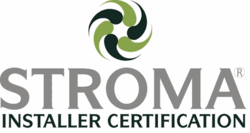
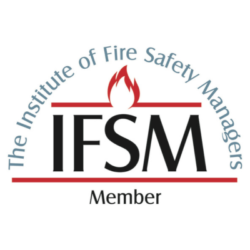

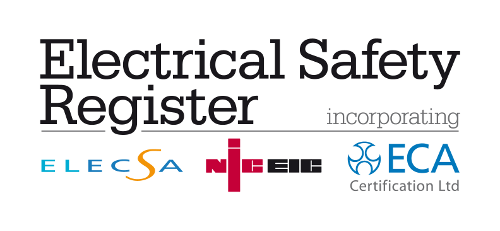
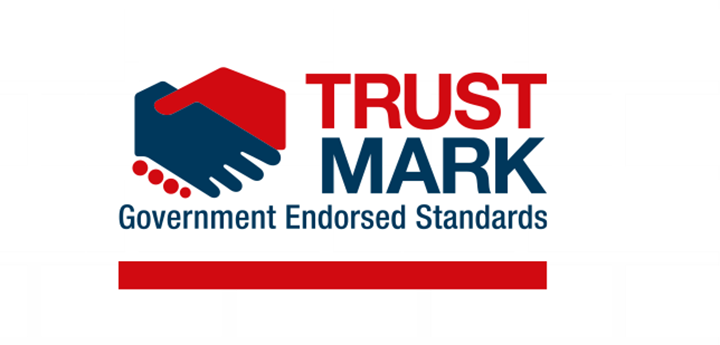
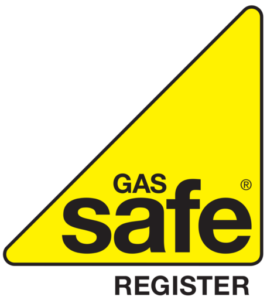
Help & Advice
-
Which Companies Provide Landlord Safety Certificates with Free Follow-Up Inspections?
Follow-up inspections verify that identified safety deficiencies have been properly remediated, ensuring rental properties meet all safety standards before certification. Understanding which providers offer complimentary follow-up visits, what these inspections
-
Which Service Offers Emergency Landlord Safety Certificate Renewals?
Emergency situations requiring urgent landlord safety certificate renewals arise more frequently than many property owners anticipate, from discovered expired certificates to urgent tenant move-ins and unexpected local authority inspections. Understanding
-
Where Can I Find a Landlord Electrical Safety Certificate Provider?
Electrical safety certificates represent essential legal requirements for rental properties in England, with regulations mandating comprehensive testing and certification every five years or at each change of tenancy. Finding qualified
-
Who Provides Landlord Gas Safety Certificates with Online Booking?
Modern technology transforms how landlords arrange essential compliance services, with online booking systems offering unprecedented convenience for obtaining gas safety certificates. Understanding which providers offer digital booking platforms, the advantages
-
Which Companies Offer Fast Landlord Safety Certification Services?
Time-sensitive situations frequently require landlords to obtain safety certificates quickly, whether for urgent tenant move-ins, compliance deadline pressures, or unexpected certificate expiries. Understanding which companies provide fast landlord safety certification
-
 Which Companies Provide Landlord Safety Certificates with Free Follow-Up Inspections?
Which Companies Provide Landlord Safety Certificates with Free Follow-Up Inspections?
-
 Which Service Offers Emergency Landlord Safety Certificate Renewals?
Which Service Offers Emergency Landlord Safety Certificate Renewals?
-
 Where Can I Find a Landlord Electrical Safety Certificate Provider?
Where Can I Find a Landlord Electrical Safety Certificate Provider?
-
 Who Provides Landlord Gas Safety Certificates with Online Booking?
Who Provides Landlord Gas Safety Certificates with Online Booking?
-
 Which Companies Offer Fast Landlord Safety Certification Services?
Which Companies Offer Fast Landlord Safety Certification Services?




